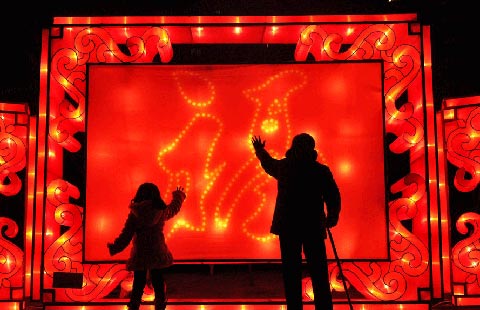World media criticize NHK remarks
Updated: 2014-02-14 01:18
By Mo Jingxi and He Liu (China Daily)
|
||||||||
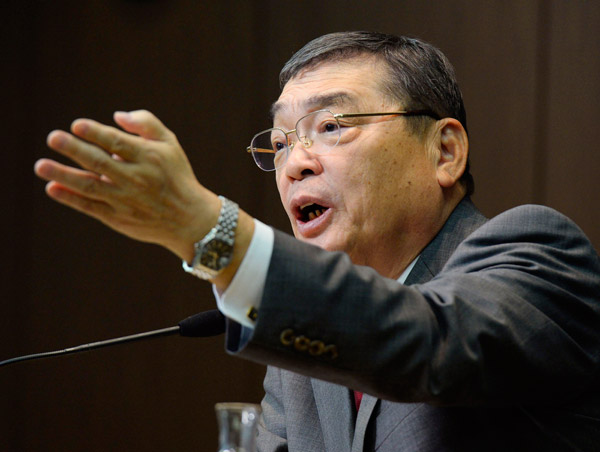 |
|
Katsuto Momii, the new chairman of Japan's influential public broadcaster NHK, speaks during a news conference in Tokyo, in this January 25, 2014 photo taken by Kyodo. [Photo/Agencies] |
A denial of Japan's wartime atrocities by NHK executives has sparked widespread fear among international media that the public broadcaster is losing its independence and becoming the mouthpiece of Shinzo Abe's government.
Newly appointed NHK Chairman Katsuto Momii said on Jan 25 that "comfort women" — a euphemism for women forced to work in Japanese wartime military brothels — were common in countries at war at that time and that media cannot contradict the government, "cannot say left when the government says right".
The NHK leadership further fueled the situation when Naoki Hyakuta, a novelist and member of NHK's decision-making body, said earlier this month that the 1937 Nanjing Massacre never happened, adding that the United States sought to cover up its own "crimes" such as the atomic bombings of Hiroshima and Nagasaki by holding trials of Japan's wartime leaders.
On Wednesday, an editorial in the Washington Post blasted the NHK leaders' "ahistorical and offensive statements" and said Abe should condemn the dangerous rewriting of history.
"Why can't Japan's government bring itself to condemn these comments with equal clarity?" the editorial asked.
In a Feb 4 article, the Financial Times said the NHK leadership's views test the boundaries of what is considered respectable conservatism in Japan.
Agence France-Presse said on Feb 5 that Michiko Hasegawa, picked last year by Abe for NHK's management board, has praised the ritual suicide of a high-profile right-winger, saying in October, a month before her appointment, that the right-winger's self-sacrifice made Japan's emperor a living god.
"The recent controversies appear set to fuel fears among some commentators that NHK, one of the world's biggest broadcasters, is falling meekly into line with Prime Minister Abe's aggressively nationalist agenda," AFP said.
The NHK executives' views also triggered public anger in Japan.
By Monday afternoon, NHK had received 15,000 letters to the editor about Hyakuta's speech and another 2,000 for the two board members. Most of the letters criticized their statements, Asahi Shimbun said.
The Japan Congress of Journalists also made a statement on Monday, demanding Momii and Hyakuta resign from their posts.
Contact the writers at mojingxi@chinadaily.com.cn and heliu@chinadaily.com.cn
Xinhua contributed to this story.

 Kids in US reading to cats
Kids in US reading to cats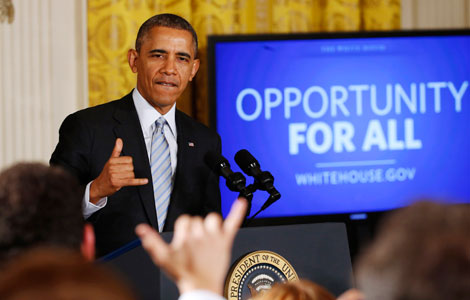
 Obama raises wage for contract workers
Obama raises wage for contract workers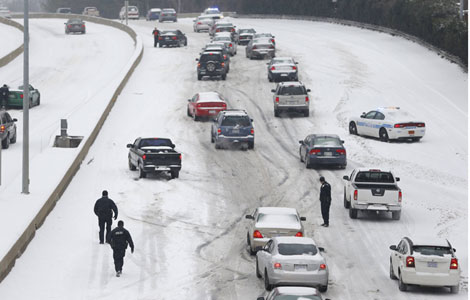
 Deadly ice and snow storm slams US South
Deadly ice and snow storm slams US South
 Starlings to spend the winter in Israel
Starlings to spend the winter in Israel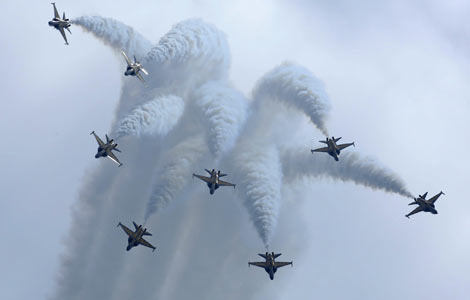
 Highlights of Singapore Airshow
Highlights of Singapore Airshow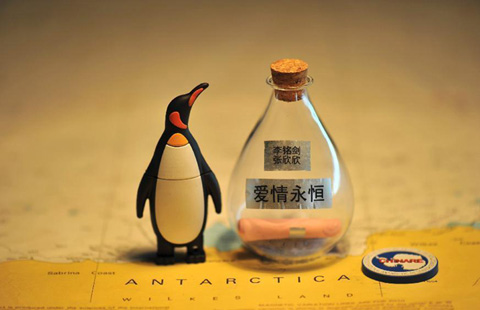
 Sailors of Xuelong release 'love drift bottles'
Sailors of Xuelong release 'love drift bottles'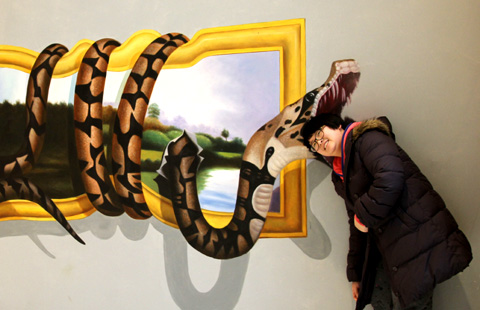
 Free 3D painting show for Lantern Festival
Free 3D painting show for Lantern Festival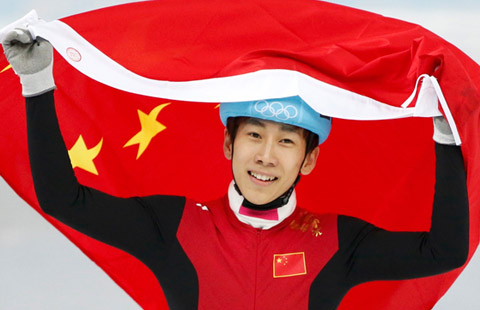
 China takes first Sochi medal on short track
China takes first Sochi medal on short track
Most Viewed
Editor's Picks

|

|

|

|

|
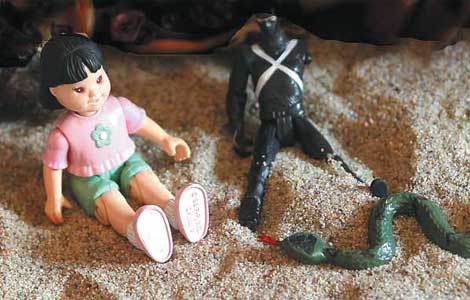
|
Today's Top News
Chinese consume too much food from animals
Obama to visit four Asian countries in April
Jade rabbit comes back to life
Embassy in talks over arrest
Beijing low on list of green cities
No casualties reported in Xinjiang quake
Abe's view on history rapped
Prostitution crackdown expands in Guangdong
US Weekly

|

|


